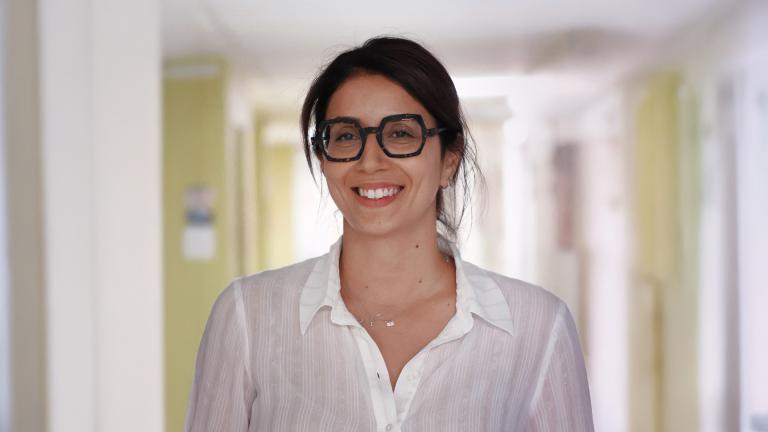Clermont-Ferrand University Hospital is a founding member of the GCS Sara.
This organization provides the MonSisra tool free of charge to healthcare professionals and facilities in the Auvergne-Rhône-Alpes region. MonSisra includes a tele-expertise service that centralizes and secures medical opinion requests sent to a medical team.
As of June 2025, more than 550 opinion requests per month were processed through this channel.
Tele-expertise deployment is underway at the university hospital, with already a dozen hospital departments actively using it.
Discover the testimony of a department head, Dr Sarah Dallel,
for whom tele-expertise has become a routine practice in her endocrinology and metabolic diseases department.
Interview with Dr Sarah Dallel
We wanted to highlight the medical time dedicated to our important activity of providing specialized opinions.
Tele-expertise allows us to clearly track this activity and generate quantitative data. It’s an opportunity to compensate for this medical time and to secure the exchange of medical data, in accordance with regulatory requirements.
The deployment was carried out in stages, during which requesting physicians were trained to use MonSisra.
We informed healthcare professionals as widely as possible (via email, the department’s website, and through the secretariat), then distributed a connection procedure. Finally, a deadline was set, after which no non-urgent opinion would be processed outside the tele-expertise framework.
A resident is assigned to manage tele-expertise requests, performing an initial review within 24 to 48 hours.
They use the integrated secure messaging system to request additional information or test results from the referring professionals.
Some tele-expertise cases may lead to a consultation or hospitalization.
Each tele-expertise request is systematically validated by a senior physician. The final report is then integrated into the hospital’s electronic medical record system.
For medical teams, it’s a real time-saver.
Requests are centralized in a single tool, and the form requires requesters to provide the necessary information—no need to search through the patient’s file or make phone calls.
For patients, data is better protected and access to a specialist opinion is faster.
Sometimes, tests or treatments are initiated even before the in-person consultation, which is especially valuable when wait times to see a specialist are long.
My advice: don’t hesitate to get started.
Several departments are now offering tele-expertise, and requesters are becoming familiar with the process. We’re available to help or offer guidance if needed.
We were primarily supported by the GCS SARA team.
They were very available and provided training for the medical team on how to use the tele-expertise tool. They also drafted the written procedure, which we then shared with the referring physicians. Additionally, they offered webinars to help users get familiar with the tele-expertise system.
We still reach out to them regularly whenever we have questions about how the tool works.
The response has been generally positive.
Most referring physicians have adopted the tool and understand its value. There are still a few who remain hesitant, but I’m hopeful they’ll be willing to adjust their habits.
No, definitely not.
As with any change, there were some initial concerns, but today everything works smoothly and no longer poses any issues. The tool is now fully integrated into our daily operations.
One of the main advantages is the standardization of opinion requests.
It saves time for the referring physicians and helps harmonize practices across the university hospital.
We are planning to launch a second tele-expertise inbox dedicated to diabetic foot wound management.
It’s an area with a high volume of requests, where rapid intervention is essential.
In the current context of medical workforce shortages, tele-expertise is proving to be a valuable tool for streamlining care pathways.
It enables faster access to specialist opinions. It also saves us time, as patients we later see in consultation sometimes arrive with tests already completed based on our recommendations.
I hope more and more referring physicians will adopt tele-expertise.

